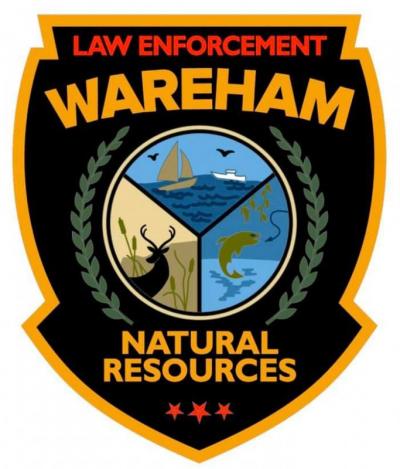Loose dogs kill chihuahua
Following a dramatic increase in the number of dog bite incidents, including one in which two dogs killed a chihuahua, the Department of Natural Resources is cracking down on leash law violations.
On March 31, officers responded to Swifts Beach for a reported dog fight. Two American staffordshire terriers were loose and attacked a chihuahua that was being walked on a leash by its owner. The chihuahua’s injuries were severe enough that it had to be humanely euthanized.
The owner of the two terriers was quickly located and took responsibility for the incident. The owner was cited for two counts of failure to license a dog, two counts of failure to attach tags to a dog’s collar, two violations of the leash law, and two counts for having a dog on the beach.
The Selectmen will hold a dangerous dog hearing soon.
“We are just getting inundated with loose dog calls,” said Harbormastor and Director of Natural Resources Garry Buckminster.
As more people are home during the day and spending time outdoors, the number of loose dogs on the beaches, on trails, and on private property has dramatically increased. Dogs are not allowed on the beaches and trails in town.
“These actions are what’s going to get the beaches shut down,” Buckminster said.
Buckminster said that over the last few weeks, his department has had to respond to far more calls for loose dogs, dog fights, and people getting bitten than is typical, and that puts his staff at risk: both due to the possibility of getting bitten while responding to calls, but because of the increased personal interaction during the pandemic.
“It’s so easily preventable by just using common sense and being responsible,” Buckminster said. He noted that some of the bites have happened when dogs have run out from their owner’s backyard, so it’s important to make sure dogs are under control or contained both at home and when out and about.
In case of a loose dog, call the Department of Natural Resources rather than trying to secure the dog. The Department can be reached at 508-291-3100, ext. 3180.













